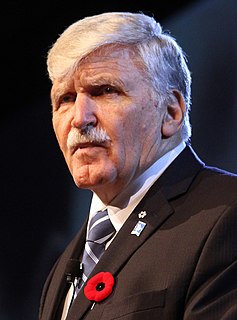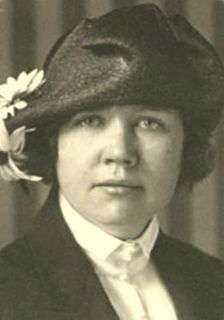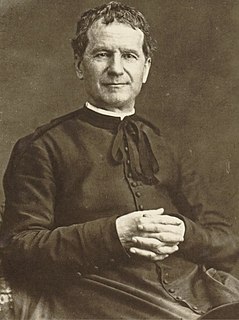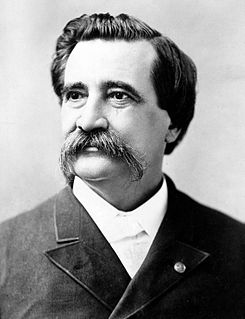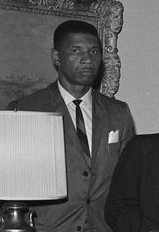A Quote by Erwin Rommel
There are always times where the place of a commander isn't back with his Major State, but onward with his troops.
Related Quotes
The commander must be at constant pains to keep his troops abreast of all the latest tactical experience and developments, and must insist on their practical application. He must see to it that his subordinates are trained in accordance with the latest requirements. The best form of welfare for the troops is first-class training, for this saves unnecessary casualties.
A commander-in-chief cannot take as an excuse for his mistakes in warfare an order given by his sovereign or his minister when the person giving the order is absent from the field of operations and is imperfectly aware or wholly unaware of the latest state of affairs. It follows that any commander-in-chief who undertakes to carry out a plan which he considers defective is at fault; he must put forward his reasons, insist on the plan being changed, and finally tender his resignation rather than be the instrument of his army's downfall.
Arise! Arise! A tidal wave is coming! Onward! Men and women, down to the Chandala (Pariah) - all are pure in his eyes. Onward! Onward! There is no time to care for name, or fame, or Mukti, or Bhakti! We shall look to these some other time. Now in this life let us infinitely spread his lofty character, his sublime life, his infinite soul. This is the only work - there is nothing else to do.
Nothing whatever but the constitutional law, the political structure, of these United States protects any American from arbitrary seizure of his property and his person, from the Gestapo and the Storm Troops, from the concentration camp, the torture chamber, the revolver at the back of his neck in a cellar.
In bullfighting there is an interesting parallel to the pause as a place of refuge and renewal. It is believed that in the midst of a fight, a bull can find his own particular area of safety in the arena. There he can reclaim his strength and power. This place and inner state are called his querencia. As long as the bull remains enraged and reactive, the matador is in charge. Yet when he finds his querencia, he gathers his strength and loses his fear. From the matador's perspective, at this point the bull is truly dangerous, for he has tapped into his power.
Be ever more convinced that your guardian angel is really present, that he is ever at your side. St. Frances of Rome always saw him standing before her, his arms clasped at his breast, his eyes uplifted to Heaven; but at the slightest failing, he would cover his face as if in shame, and at times, turn his back to her.
In Afghanistan, U.S. troops are now holding an American man who has been fighting alongside the Taliban. His mother says he was born in Washington, D.C. and his father's a lawyer. Well, that explains it. ... He surrendered to authorities and said he wants to go back to his old job - airline security guard.

